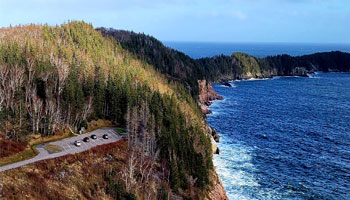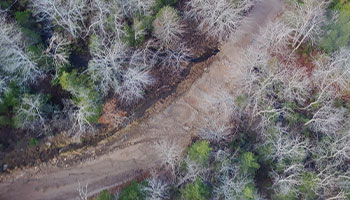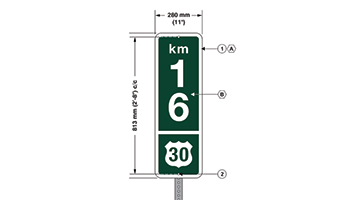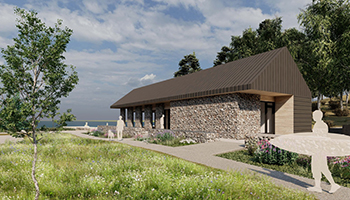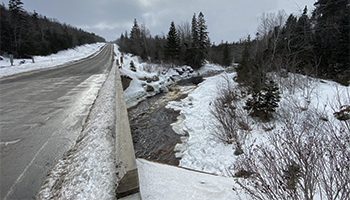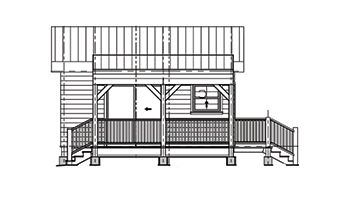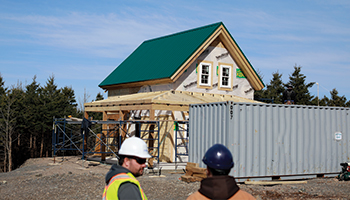
Building back better
Cape Breton Highlands National Park
The network of protected areas administered by Parks Canada is a gateway to nature, history, and 450 000 km² of stories from coast to coast to coast. Investing in these locations helps protect natural and built heritage, increase climate resiliency, and create jobs in local communities, while providing visitors and residents with high-quality, safe, and meaningful experiences across the country.
Parks Canada invested $3 billion between 2017 and 2022 to rehabilitate infrastructure assets within national historic sites, national parks, and national marine conservation areas across Canada. This historic investment supports conservation while promoting visitor experience by creating safe welcoming spaces for diverse visitor groups to use and enjoy.
Additional funding was announced in July 2023, aimed at improving infrastructure that is well-known and loved by visitors and residents alike. Trails, facilities, bridges and roadways (including the Cabot Trail) are all slated to be improved with funds from this infrastructure announcement, which aims to aid the area in recovering from the devastating effects of significant weather events which occurred over the past several years. The work completed with this funding will help ensure a safe travelling experience, enhanced visitor opportunities, and increased resiliency of critical infrastructure to severe weather caused by climate change.
These projects align with Canada's National Adaptation Strategy, which lays out an agreed-upon framework to reduce the risk of climate-related disasters, improve health outcomes, protect nature and biodiversity, build and maintain resilient infrastructure, and support a strong economy and workers.
More than just supporting visitors as cornerstones of Canada's tourism industry, assets in the places Parks Canada administers play a critical role in transportation, water management, public safety, and services to residents and businesses, while being a source of shared pride for Canadians. Infrastructure upgrades will help ensure public safety, and quality and reliability in visitor offers, while incorporating climate resilience, increasing accessibility, and further connecting Canadians with nature and history.
What to know before you visit
When visiting Cape Breton Highlands National Park, you may encounter one or more construction zones or reduced services while we complete this important work. This webpage has up-to-date information on the various infrastructure projects currently underway within the park, and those planned for the near future. Please plan ahead before you travel to avoid inconvenience.
Middle Head Peninsula
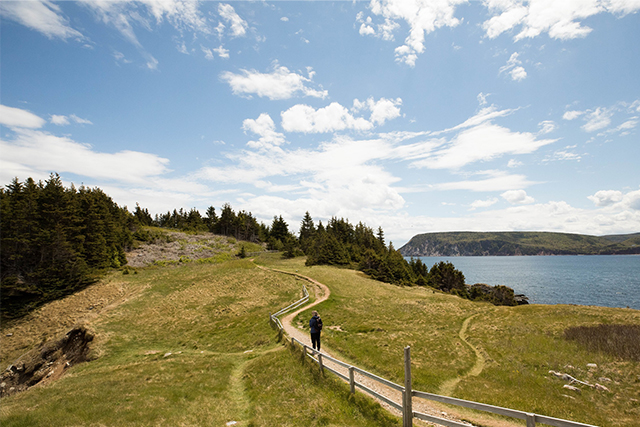
This large project will realign the Keltic Road on Middle Head and replace an ageing waterline. A phased approach will include the replacement of the land bridge connecting two portions of the Middle Head peninsula, as well as the rerouting and rehabilitation of the Middle Head trail and its parking lot. When complete, Middle Head will be a more scenic and meaningful hiking experience, and the trail will be rerouted to avoid areas impacted by coastal erosion. Work on this trail and its parking lot should be completed in the summer of 2024, while the larger project will continue for several years.
Mary Ann Falls Road
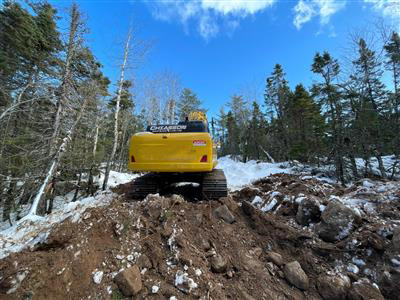
The Mary Ann Falls Road was permanently closed to vehicle traffic after a series of washouts and failed repairs made it impassable. The road will reopen as a multi-use trail in late 2024, suitable for both hikers and mountain bikers. Visitor access will be restored to Mary Ann Falls, and the day use area will be rehabilitated. The Branch Pond Look-off trail will be closed to visitors and its condemned bridge removed.
North Mountain gates and Cabot Trail distance markers
To increase public safety, as well as the safety of workers clearing snow from the roadway, gates will be installed on the Cabot Trail east of Pleasant Bay and near Big Intervale to further support the closing of the Cabot Trail when adverse weather occurs. Additionally, to aid emergency responders as well as the travelling public, distance markers will be installed at two-kilometre intervals along the Cabot Trail throughout Cape Breton Highlands National Park. This work will all be completed during the winter of 2024.
Ingonish Beach washroom facilities
A new washroom and change room facility will open in 2024 at Ingonish Beach. This new facility will replace two separate buildings which had previously been destroyed due to acts of arson.
Franey and Clyburn Valley trails and parking lots
Trail work will be conducted to reroute parts of the Franey trail. Additionally, work will be done to improve and expand parking facilities at the Franey and Clyburn Valley trails.
Halfway Brook Bridge rehabilitiation
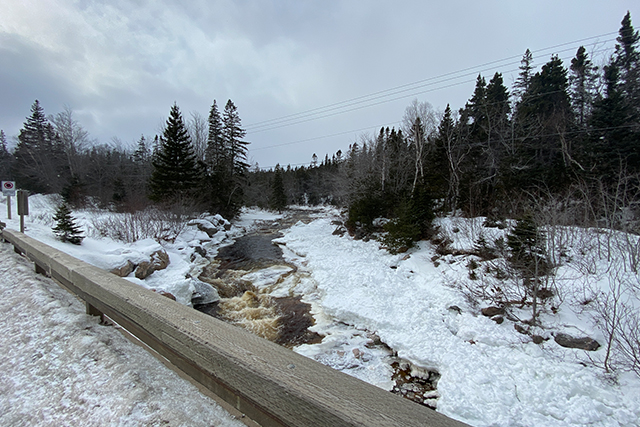
A new bridge spanning Halfway Brook will be completed in 2024. The current bridge will remain in use until the new bridge is completed, and this work will pose little to no disruption for travellers along the Cabot Trail.
Cabins at Mkwesaqtuk/Cap-Rouge Campground
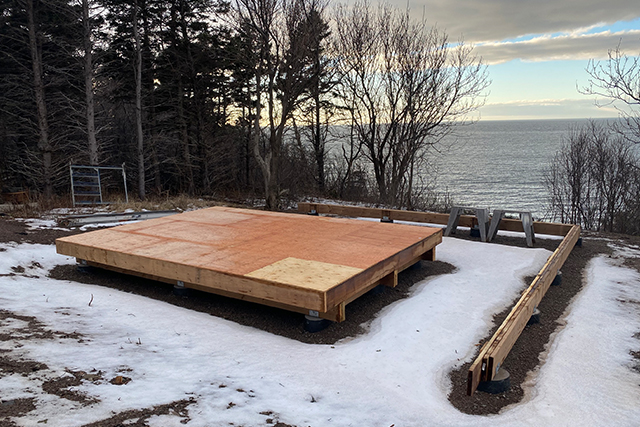
New roofed accommodations are being built to add to the visitor offer for the Mkwesaqtuk/Cap-Rouge campground. These cabins will be available for visitors to rent and will add to the variety of roofed accommodation offers in Cape Breton Highlands National Park.
Other projects
For more information and updates on these and other infrastructure projects in Cape Breton Highlands National Park, please continue to check back to this webpage. It will be updated as more projects are announced and as progress is made on current projects.
- Date modified :
